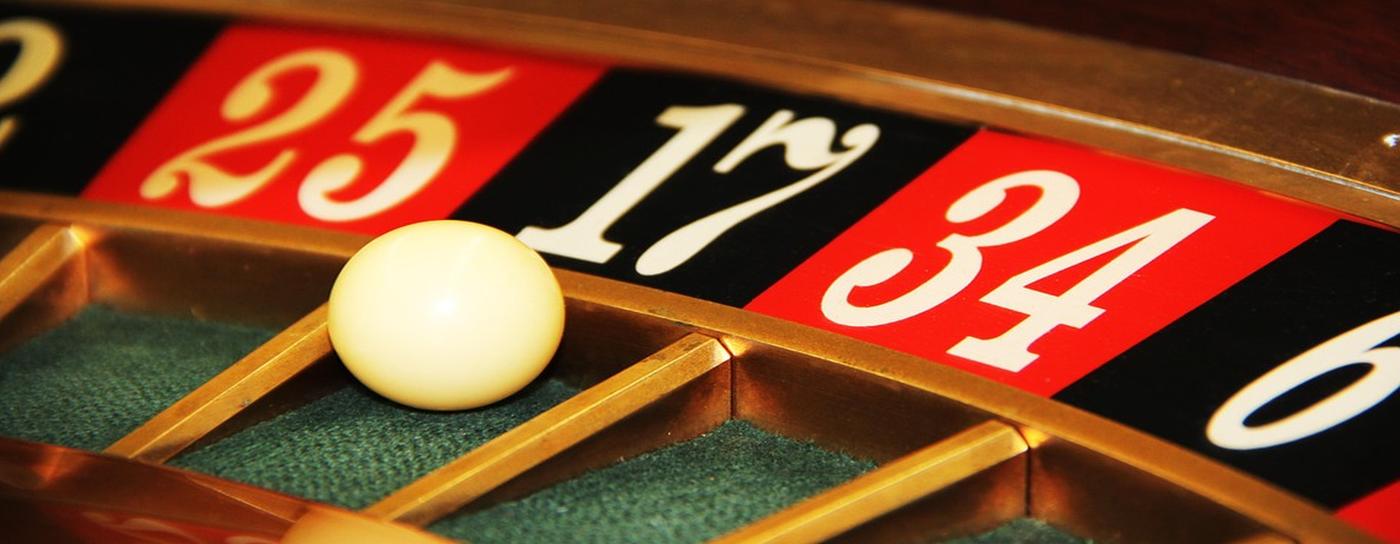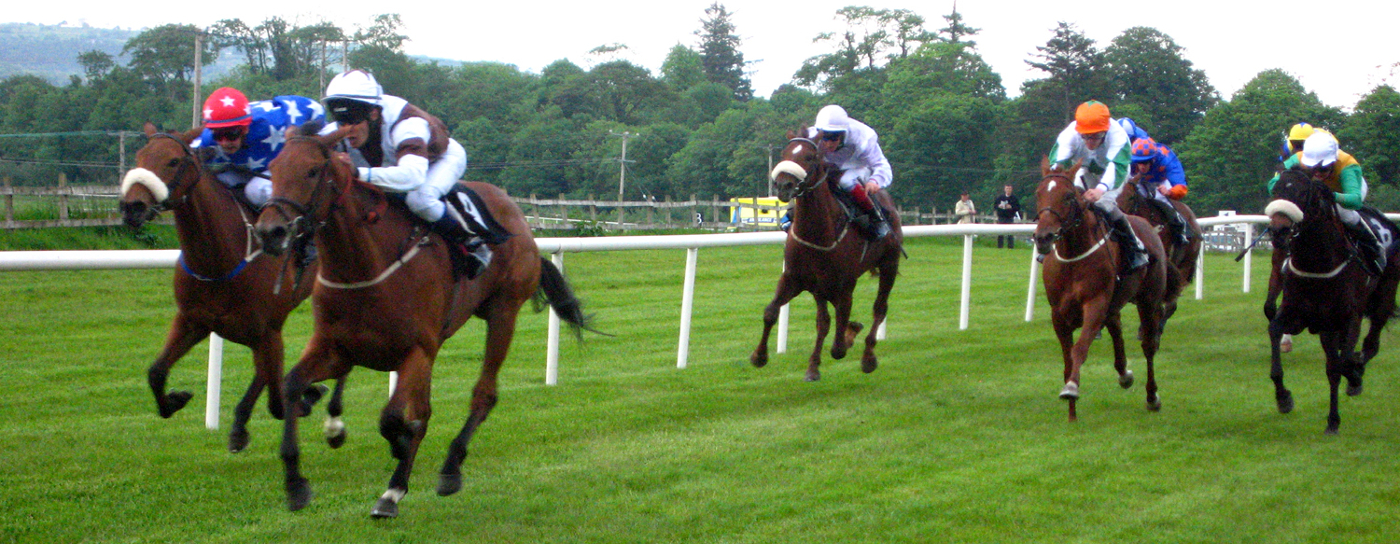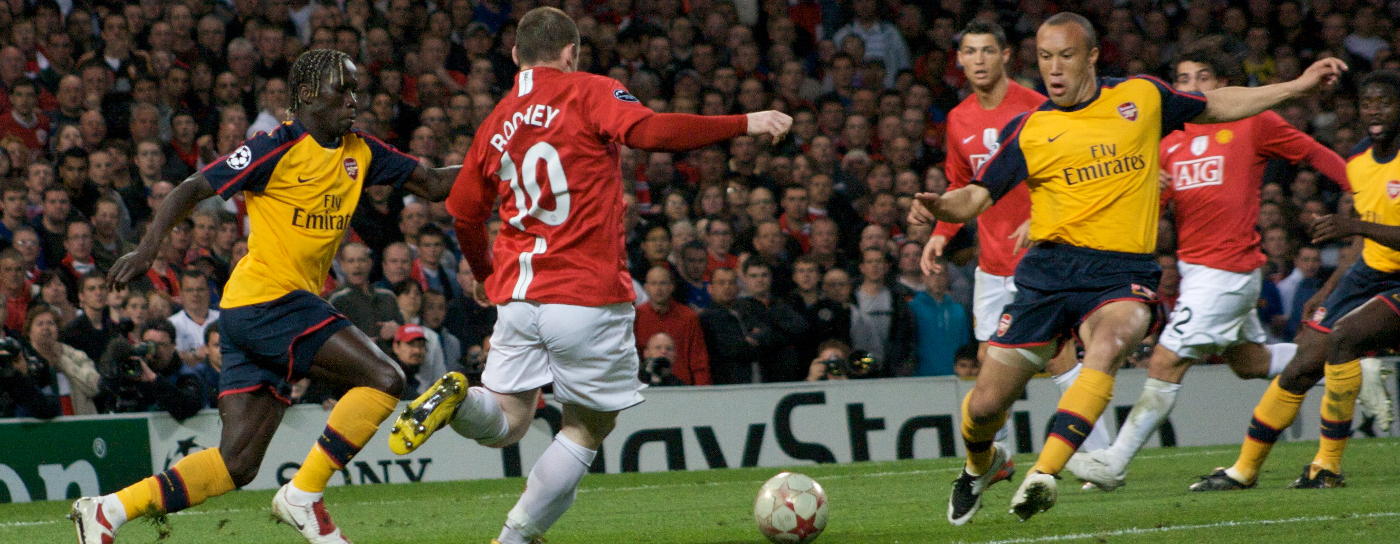
I chose this blog title from many possibilities, because some of the ‘bookie social media crowd’ were calling it this.
Of course none of these people attended the meeting unlike many who paid their own costs to be there despite having little money to do so due to gambling losses. This is to be expected as some of these people are so arrogant they would never turn up without an official invite; they’re too self important to just attend as part of ‘the proletariat’.
The meeting covered a myriad of topics. What follows is my top 10:
- The five men who attended to give evidence must be thanked for doing so. They were not compelled to attend by law, so chose to accept their invite. GVC; Ladbrokes-Coral to most British people and Betfred should be embarrassed for turning down their invites. I had no problem with CEOs not attending as I assume others in companies have far more knowledge of what truly goes on day-to-day with customers, but GVC were pathetic not to send a replacement of senior standing and I understand Betfred simply chose not to attend. J4P has been told recently how committed GVC is to reducing gambling harm, their actions in this case suggest otherwise. Anyone who is taking money from GVC for ‘good deeds’ needs to think carefully about their relationship with this company.
- The audience were told they would be ejected if they tried to ask questions or interrupt. How did some of the people in the room who have had their lives ruined by gambling manage to keep quiet when, on occasions, blatant lies were told? Quite unbelievable self-control, please remember some with no knowledge of neuropsychiatry tell us regularly people with a gambling disorder have no self control.
- How civil the discussion was at all times. Is the ‘kangaroo court crowd’ listening, I doubt it?
- The senior executives clearly wanted to talk about the future, which is good, but not the past, which is bad.
- All five admitted to faults in the past and that their company’s behaviour had been unacceptable. With the exception of Tombola, who I can’t comment on, why then do they train their staff never to admit faults in the past. J4P has never been involved in a social responsibility dispute where a gambling company hasn’t initially denied fault. This behaviour is appalling and should be investigated by the Gambling Commission (GC). Despite over 2-years of J4P negotiations with the GC there has been no progress on putting a process in place that helps a vulnerable person to recover losses where company fault is clear. Sadly and I truly mean sadly this means J4P has recently had to resort to working with legal companies (for free). This brings into the equation something that should never have been needed.
- The executives often showed little or no enthusiasm for serious change to many business practices that are thought (not conclusively proven by research) to contribute to harm, e.g. free bets/spins, credit card use, VIP schemes, advertising/marketing, etc.
- The level of staking and affordability were discussed in great depth. In a free online market level of staking is a complex topic and understandably four of the five executives wished to focus on affordability (Tombola already has a maximum stake of £2 for bingo and £1 for arcade games). Some big claims were made about the affordability systems companies now have in place. Only time will tell whether these claims drive safer outcomes.
- I refer back to bullet point 4 and the past. The past was where the answers to questions became much vaguer. I suspect the few guesstimates about profit percentages from vulnerable people were somewhat underestimated (I’m being kind). The past is a nightmare for the gambling industry, government and their appointed regulator, so what should be done? The meeting did not touch on this and I suspect many wish the past would just go away. Please take note; it won’t and neither should it.
- There were people in the audience who have signed non-disclosure agreements (NDAs) after receiving a refund of losses, so how they kept quiet when all five executives said their companies didn’t use NDAs to silence vulnerable people was incredible. I can’t comment for all five companies, but I know with 100% certainty these claims aren’t true for all five, because I’ve advised vulnerable people when signing NDAs. To receive a refund people have been forced to sign a NDA whilst vulnerable and without legal advice, meaning my voluntary role was probably a pointless task, because I doubt any of these NDAs are legal, so enforceable.
- The speed the room emptied at the end, which highlighted where industry staff and their representatives were sat. The only person from the industry I was aware of who stayed afterwards to chat to people in the audience was Phil Cronin, CEO & owner of Tombola. Whilst I hope I can appreciate why this occurred, some people would have beaten Usian Bolt over 30 metres down a Houses of Parliament corridor.
Conclusions
I left with quite a few positives, but we all know actions speak louder than words. At present some of the things said by the executives don’t balance with correspondence J4P reads.
What can’t change is the civility shown by all at the meeting. This meeting was tough for many, but it did show that all sides can behave appropriately and be involved in constructive discussion. This must be built on, especially direct contact between gambling companies and those with a lived experience of gambling harm. This contact should not be linked to any form of direct payment/grant to individuals with the exception of standard travel expenses.
What was discussed and promised for the future will hit company profits if implemented. The past may also add to the hit on profits in the short term to medium term? How do company CEOs explain this to their investors?
I think it’s fair to say we’re going to see companies taking different approaches. In very general terms; some will do their best, some will do little, some will hope everything goes away and some will ‘run away’ from the UK. There are plenty of less mature gambling markets with little or no regulation to exploit for the latter group; good riddance to all of those companies. These generalities mean the government and its regulator need to ‘step-up’. Co-ordination throughout the industry is needed. J4P gets the impression that some UK gambling licensees, big and small, would welcome a more didactic approach by the GC where quality standards are easier to understand and therefore implement.
Whilst feeling for the people I attended with, due to the previous harm they’ve suffered and some of the lies told, I still enjoyed the meeting. If the meeting contributes to future improved safety, improved transparency, more shared customer data where applicable and more engagement with those who have a lived experience, we’re going in the right direction.
Nevertheless, it frequently feels like your dentist pulling wisdom teeth without an anaesthetic.








